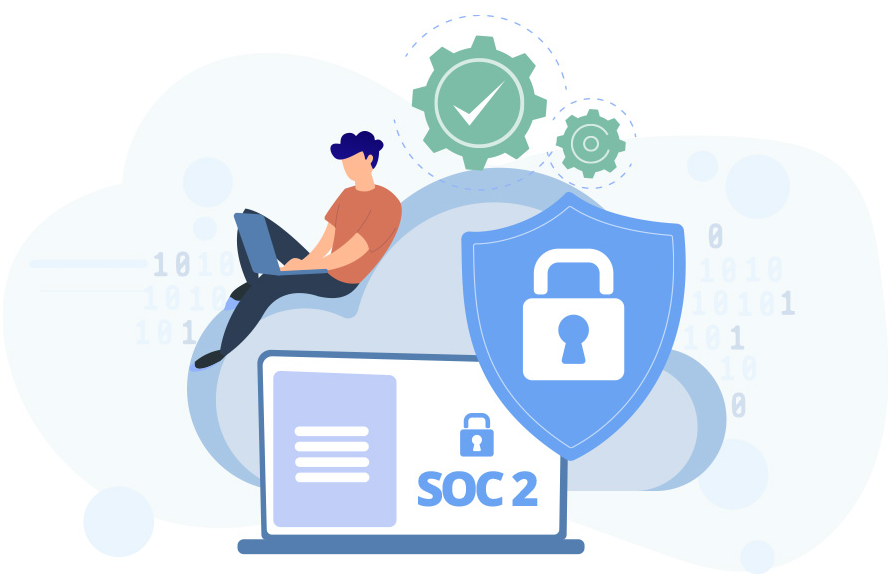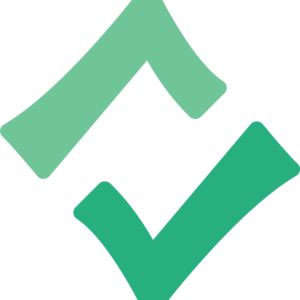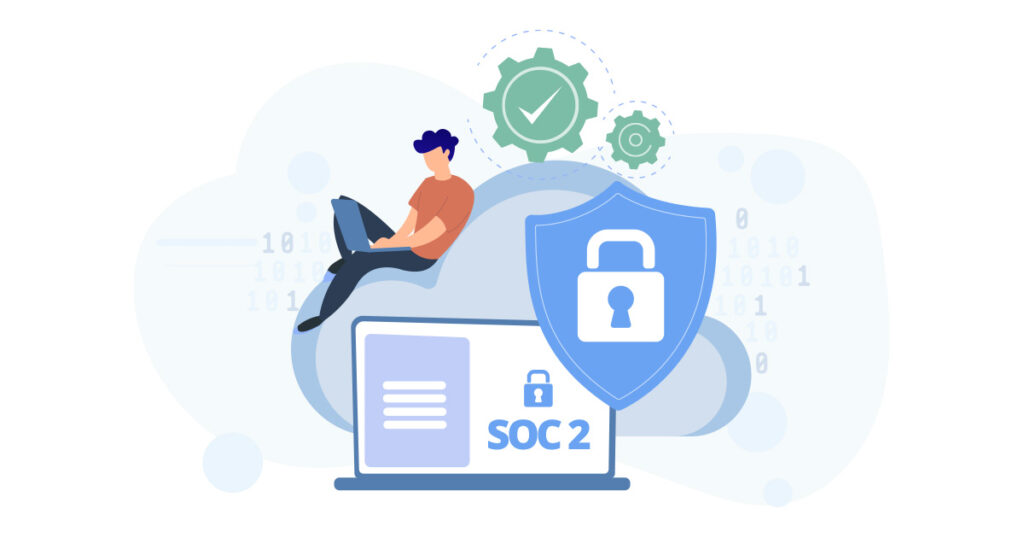Regardless of the size of your organization, it should always be in your organization’s best interest to protect your data. Protecting data is crucial for maintaining an organization’s security, compliance, and reputation and ensuring the privacy and security of personal information. Implementing robust data protection measures is essential to any organization’s risk management strategy.
What is SOC 2? Who governs SOC 2?
SOC 2 is a security standard for service providers that handle sensitive customer data. It is governed by the American Institute of Certified Public Accountants (AICPA).
Why is SOC 2 important?
- Data security: SOC 2 certification assures that a service provider has implemented robust controls and safeguards to protect sensitive customer data. This can reduce the risk of data breaches.
- Compliance: SOC 2 certification may be required by regulatory bodies or industry standards to demonstrate compliance with security and privacy requirements.
- Trust and credibility: Obtaining SOC 2 certification demonstrates a commitment to security and privacy and can help build trust and credibility with customers, partners, and other stakeholders.
- Reputation management: In case of a security incident or data breach, organizations with SOC 2 certification may be better positioned to manage their reputation, as they can demonstrate that they have taken the necessary steps to secure customer data.
SOC 2 certifications can help organizations establish trust and credibility, reduce risk, and gain a competitive advantage in their market.
How can an organization become SOC2-certified?
SOC 2 requires service providers to implement strict controls and processes to protect customer data security, confidentiality, and privacy. This includes regular risk assessments, incident response plans, and employee training.
How do I know if I’m working with a SOC2-certified organization?
Service providers that pass a SOC 2 audit are issued a report that attests to their compliance with the standard. Organizations can share this report with customers to demonstrate their commitment to data security. SOC 2 is widely used in the technology and financial services industries but can be applied to any organization that handles sensitive data.
How does SOC 2 data security relate to healthcare?

SOC 2 data security ensures that patient data is handled and protected by industry standards and regulations. SOC 2 is a set of security controls and guidelines that help organizations protect sensitive data, such as personal health information (PHI).
This is particularly critical in healthcare because personal health information is considered sensitive and private information that must be protected under laws like HIPAA. Healthcare organizations have a legal and ethical responsibility to protect patient data from unauthorized access, use, or disclosure. SOC 2 certification assures patients and regulatory bodies that the organization is taking appropriate measures to safeguard personal health information.
What are the benefits of being SOC 2 certified?
- Protecting sensitive data: SOC 2 ensures that service providers have implemented strict controls and processes to protect sensitive customer data, such as personal information, financial data, and confidential business information, from unauthorized access, use, or disclosure.
- Meeting regulatory compliance: Many industries, such as healthcare, finance, and technology, are subject to strict data privacy and security regulations. SOC 2 compliance demonstrates that a service provider complies with these regulations and can help organizations avoid costly fines and penalties.
- Maintaining customer trust: SOC 2 compliance demonstrates that a service provider takes data security seriously and is committed to protecting customer data. This helps build and maintain customer trust, which is essential for business success.
- Identifying and mitigating risk: SOC 2 requires regular risk assessments and incident response planning, which helps service providers identify potential security threats and take steps to reduce them.
- Providing a competitive advantage: SOC 2 compliance can provide a competitive advantage for service providers, as customers may prefer to work with organizations that have demonstrated their commitment to data security.
What best practices can an organization take to become SOC2 compliant?
- Conduct a risk assessment: Identify potential security threats and vulnerabilities, and assess the likelihood and impact of these risks.
- Develop a security policy: Develop and implement a comprehensive security policy that outlines the organization’s approach to data security, including access controls, incident response, and employee training.
- Implement technical controls: Implement technical controls, such as firewalls, intrusion detection systems, and encryption, to protect against unauthorized access and data breaches.
- Create an incident response plan: Develop a plan for responding to security incidents, such as data breaches, and ensure that employees are trained on the plan.
- Regularly monitor and test controls: Regularly monitor the effectiveness of security controls and test them to ensure they are working as intended.
- Perform regular employee training: Provide regular training to employees on security policies, procedures, and best practices, to raise awareness and minimize human errors.
- Engage a third-party auditor: Hire a qualified auditor to conduct a SOC 2 audit and ensure compliance with the standard.
SOC 2 is a widely recognized security and privacy certification that ensures service providers have implemented robust controls and safeguards to protect sensitive customer data.
It’s important to note that a SOC 2 certification does not guarantee complete security and does not cover all possible security and privacy risks. Organizations should continuously monitor and improve their security and privacy controls to stay ahead of data threats.
Final Thoughts
A SOC 2 certification is essential for organizations that handle sensitive customer data and can provide valuable security, compliance, and reputation management benefits.

